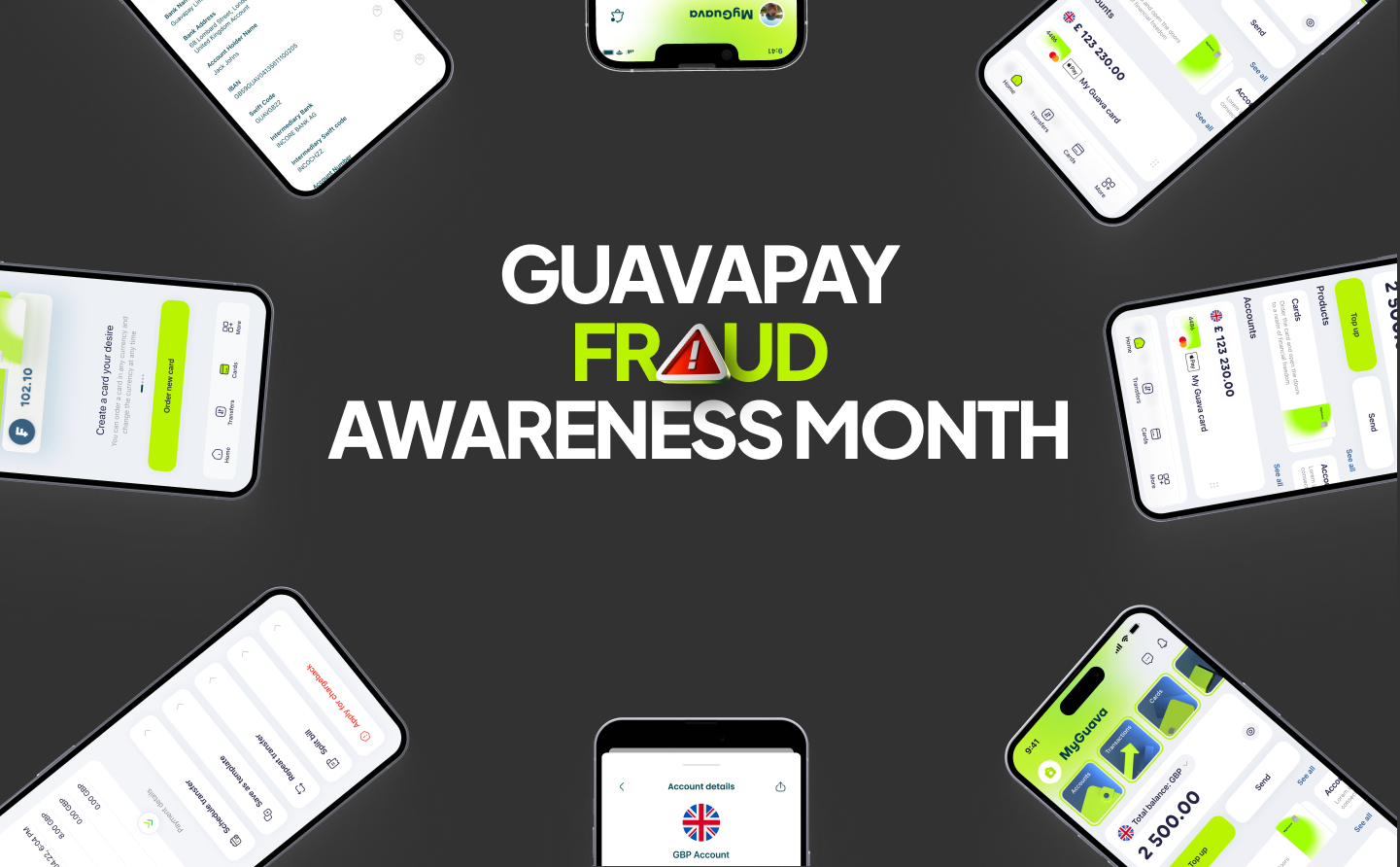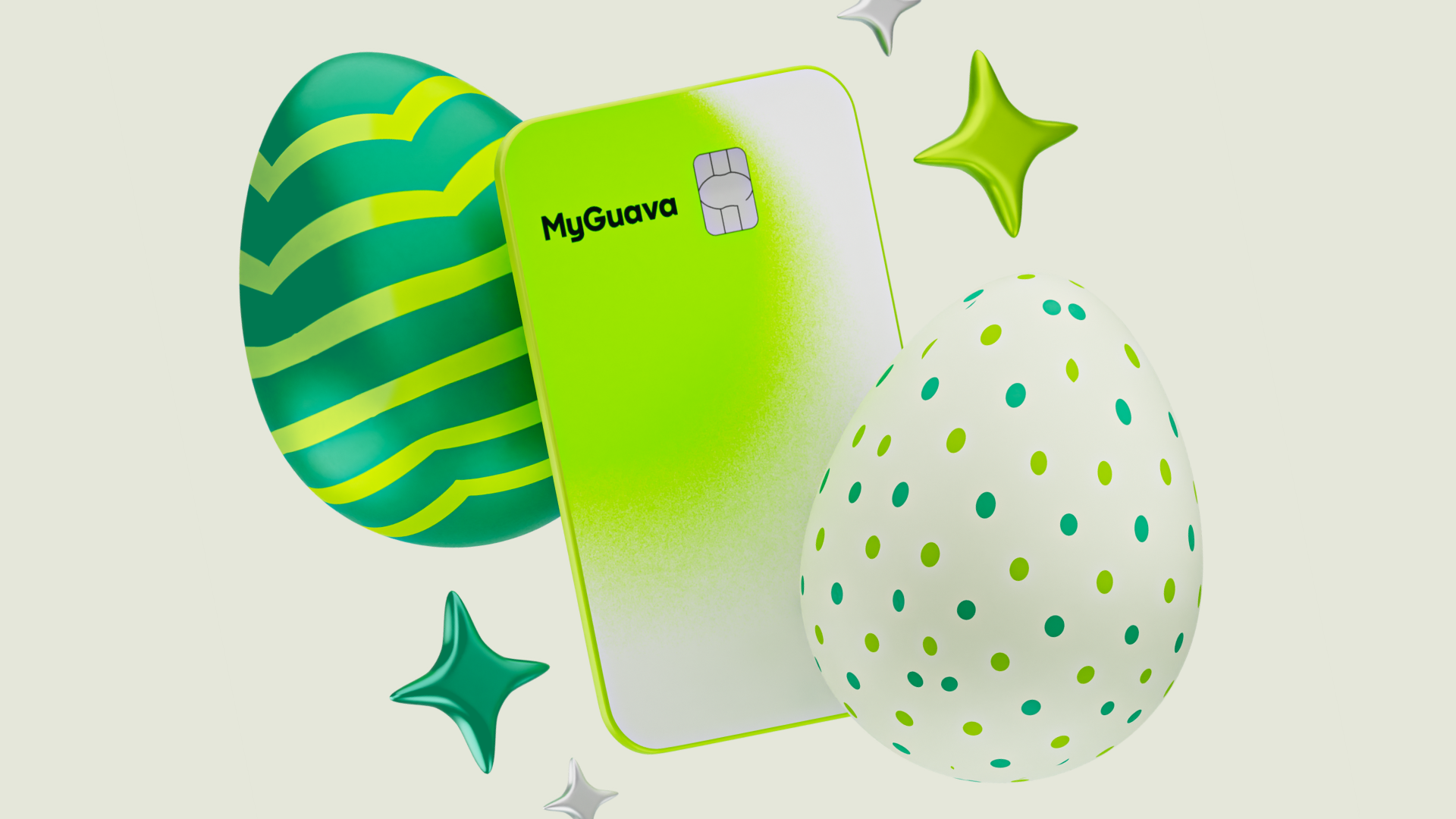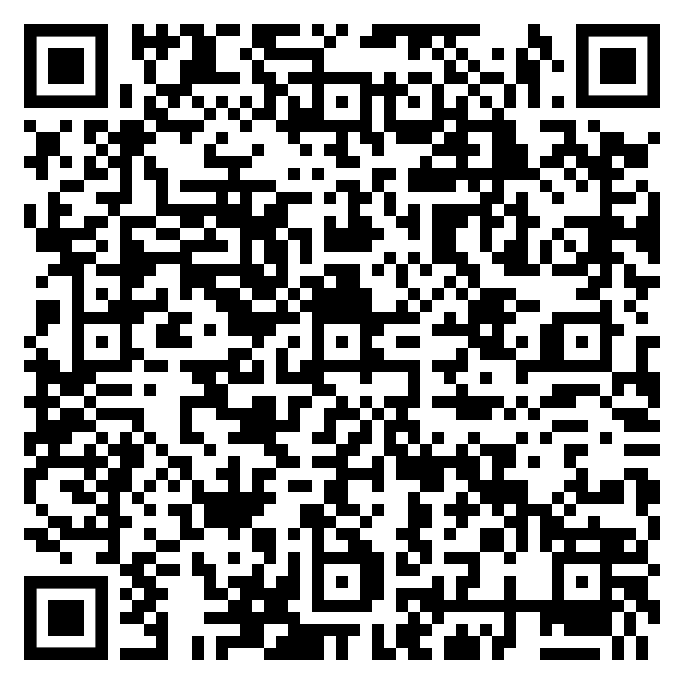In today’s increasingly digital world, the rapid exchange of information has opened new avenues for both innovation and exploitation. While technology offers users countless benefits, it also creates opportunities for user-based fraud. As cyber criminals adapt and refine their techniques in reaction to technological advancement, individuals must stay up-to-date with these emerging threats and what protective measures they must take.
What is user-based fraud?
User-based fraud refers to fraudulent activities that exploit users’ actions, behaviours and identities, typically through technology. Malicious actors may exploit user accounts, credentials or identities, resulting in unauthorised transactions or identity theft. This type of fraud often takes advantage of weaknesses in account security, human error and emotional manipulation. While some scammers are more sophisticated than others, even a momentary lapse in attentiveness can lead to severe consequences.
Common types of user-based fraud
1. Account takeover fraud (ATO): An account takeover refers to when a cybercriminal impersonates a genuine customer, gains control of an account and proceeds to make unauthorised transactions. Any bank, credit card, email or other service provider account is vulnerable to ATO.
2. Identity theft: Identity theft refers to the process of stealing a person’s identity by malicious methods and using the information for personal financial gain or other unlawful purposes.
3. Fake accounts: Creating fake accounts is another popular form of user-based fraud. Scammers will often use the name of a legitimate firm to try and get users to part with their money.
4. Friendly fraud: Friendly fraud or chargeback fraud occurs when a legitimate purchase is disputed by a customer, claiming it was unauthorised or accidental. This can be unintentional fraud, but it’s also frequently deliberate.
5. Phishing attacks: Phishing is an extremely common form of cyber fraud. Cybercriminals pose as legitimate entities such as banks, phone companies or popular online services to trick users into revealing sensitive information. These attacks can be carried out via email, phone calls, text or fake websites.
Tell-tale signs of a scam
Does it feel too good to be true? If you're being offered a deal that seems too cheap, too dreamy or too easy- it’s most likely a scam.
Do you feel coerced? Cybercriminals will attempt to incite anxiety or panic from their victims and will try to get users to move money without properly thinking.
Is the correspondence full of errors? Authentic texts, emails or messages from legitimate businesses are likely to have grammar consistency.
Are you receiving something for nothing? If you are being presented with an easy opportunity to earn big sums of money in exchange for a small up - front payment, the opportunity is likely a scam.
Are you being contacted by an unofficial email or an unknown phone number? Cybercriminals will use unknown numbers or fake emails to reach out to their victims, posing as the official email for a bank or popular online service.
How to protect yourself against user-based fraud?
1. Stay educated: One of the most effective strategies against cyber fraud is awareness; stay informed on risks, warning signs and emerging threats.
2. Don’t be an easy target: Ensure you present a more difficult target for scammers by implementing strong security measures, such as multi-factor authentication, and unique and complex passwords.
4. Stay vigilant: Regularly monitor your account activity for any suspicious activity. Pay attention to login attempts from unfamiliar devices and flag any unusual transactions.
5. Withhold information: Limit what you disclose on social media and be very cautious about sharing sensitive details via email, messages, phone calls or text.
6. Always triple-check: You can never be too cautious when it comes to your credit card details or personal information. Triple-check links and websites before clicking on them and avoid downloading anything attached to emails from unknown senders.
7. Use a safe word: With the rise of deep fake technology and savvy scamming techniques, friends and families are increasingly adopting a ‘safe’ word. Confidential ‘safe’ words can help verify the authenticity of urgent messages from loved ones asking for money.
What to expect from MyGuava?
At MyGuava, we pride ourselves on prioritising the highest level of customer safety. Through 3D secure technology and biometric authentication, we ensure our customers experience optimal data safety and security. Nevertheless, since we are a payment provider, cybercriminals may attempt to target our company. For this reason, we recommend vigilance as a precautionary measure for all our users.
If you receive suspicious material or urgent messages, ensure to take prompt action and report the occurrence to our team immediately.
To conclude
Don’t be an unsuspecting victim, take the steps to protect yourself. When it comes to your online and digital presence, you can never be too safe. Your online identity is a valuable commodity and should be protected to the best of your abilities. We hope this article has given you valuable insight into the risks associated with user-based activities and what preventative measures should be taken to avoid falling victim to scams. Stay safe - you deserve it!





